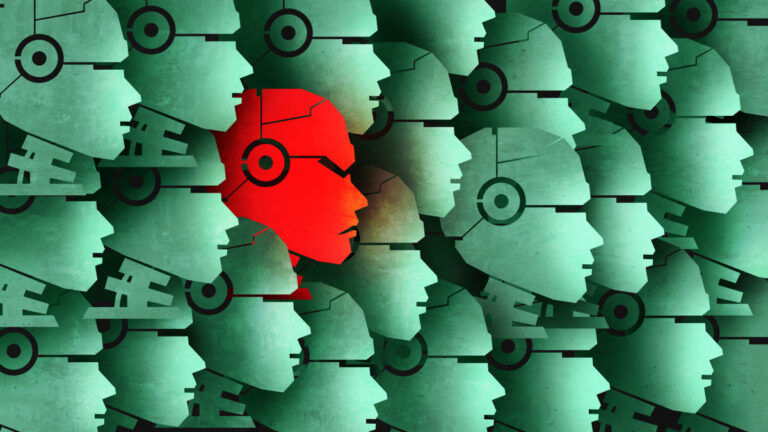This report and over a dozen more are collected in Save Point, a new collection from Ars Technica Senior Gaming Editor Kyle Orland. The book looks back on video games as they were between 2003 to 2011, a sometimes-uncomfortable "awkward adolescence" period where the industry did its best to grow up with the young audience that had grown up with games as their entertainment of choice through the '70s, '80s, and '90s. The pieces collected in the book analyze how games were learning from their past and influencing the future, report on some of gaming's growing and myriad sub-communities, and examine how the business of selling and marketing games was evolving alongside the explosive growth of the Internet.
Save Point is available exclusively as part of the Spring Getaway Games Bundle through May 13.
In general, gamers aren't very effective at organizing to effect change in the game industry. Sure, there are hundreds of online petitions demanding everything from a Full House game to a generalized end to game hacking, but the vast majority fail to garner much attention or support. Even well-organized and well-publicized efforts, like those seeking LAN support in StarCraft 2 or further support for the Earthbound games are met with official responses ranging from polite refusal to teasing hints and rarely with real change.
But this year, many gamers took a different tack to protest what they saw as a betrayal of a publisher's past promises. Mere hours after Valve announced the planned November release of Left 4 Dead 2 (L4D2) at June's Electronic Entertainment Expo, a group calling for an L4D2 boycott popped up on Valve's Steam user community. The group's first public message asked a simple question that would come to define its cause: "Where's all the content and the updates you promised for [the original Left 4 Dead], Valve?"
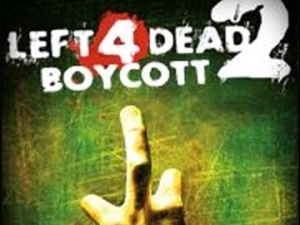
Now that Left 4 Dead 2 is actually available for sale, can those who took part in the boycott argue they achieved their goals? Was this boycott more effective than any of the other failed grassroots petition efforts undertaken by gamers over the years? Did Valve change its plans to gain the approval of the masses, or did it effectively pacify the Internet throngs with nothing more than a couple of plane tickets and a hotel reservation?
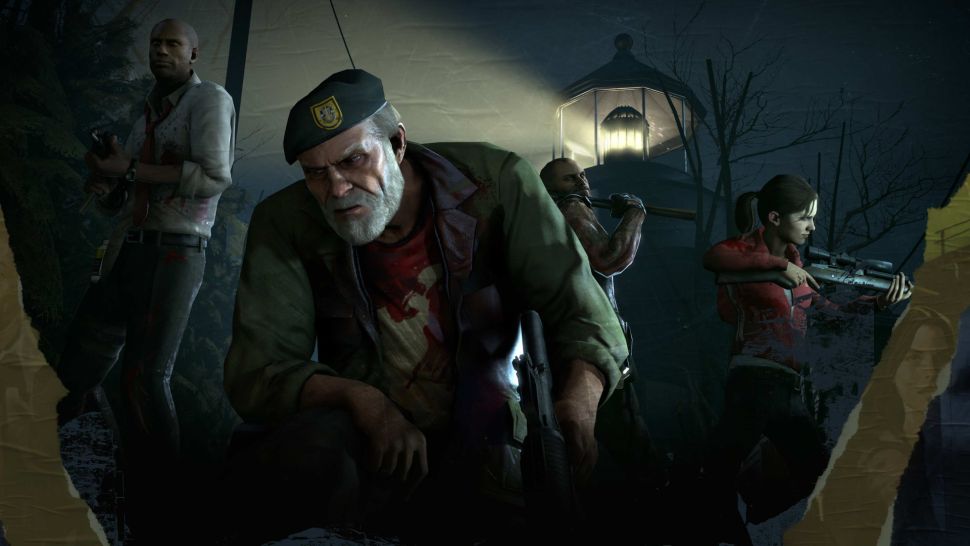
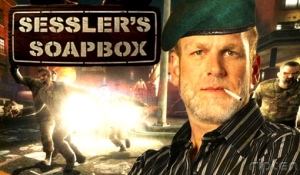
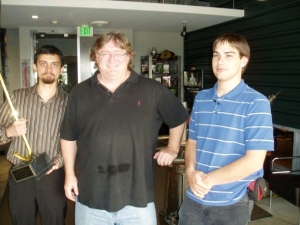
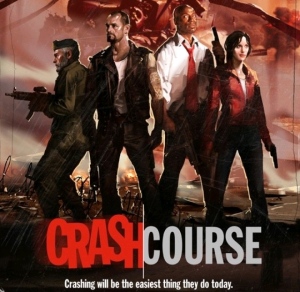
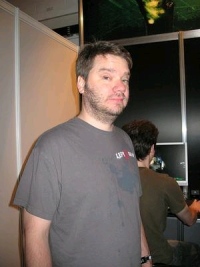

 Loading comments...
Loading comments...
